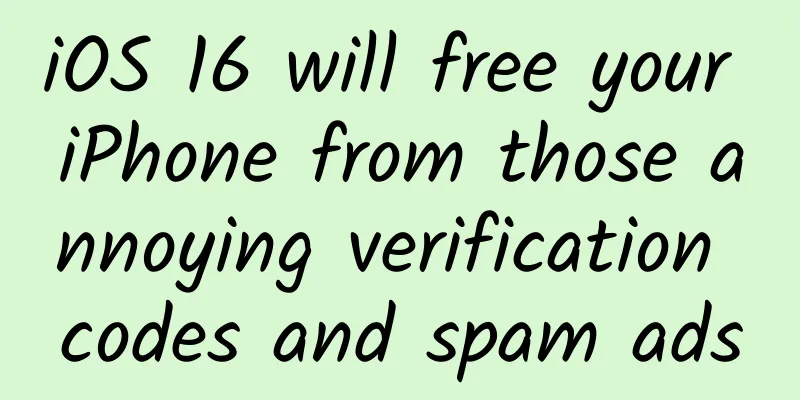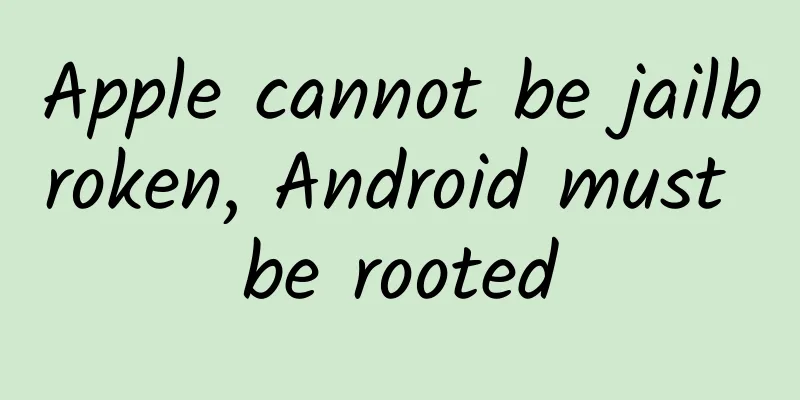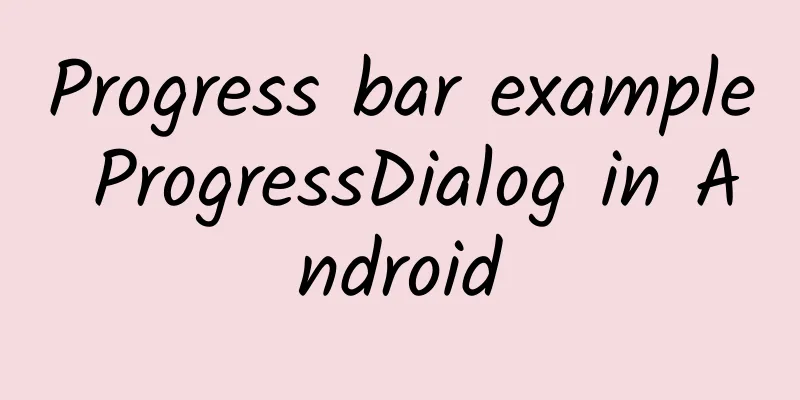iOS 16 will free your iPhone from those annoying verification codes and spam ads

|
iOS 16 is Apple's upcoming iPhone software update, which includes many new features. But some of the more unknown upgrades may be better than the ones Apple focuses on. For example, iOS 16 will allow iPhone users to bypass verification codes by verifying their devices in the background. CAPTCHAs, if you're familiar with the term, are those really annoying verification puzzles where you have to prove you're not a robot. Sometimes you have to read and type in distorted text samples that require you to follow a picture. The purpose of this is that only people have the pattern recognition skills required to pass the test, so websites and apps can use this method to prevent botnets from automatically generating thousands of fake accounts or making fraudulent purchases. Apple recently shared a video explaining the problems with CAPTCHAs and the use of the new feature. As Apple explains in the video introducing the new feature, the verification process poses a number of problems. They create potential privacy issues because they involve IP tracking, they deteriorate the user experience, and they can exclude some human users entirely, especially if they have disabilities or language barriers. Given the scope of accessibility issues among humans and the evolving capabilities of artificial intelligence, it is difficult to set the standard at a level that excludes all bots and includes all humans. Complex CAPTCHA images or tortuous text will soon be something that iPhone users will no longer be bothered with, as iOS 16 introduces support for bypassing CAPTCHAs in supported apps and websites. The handy new feature can be found in the Settings app under Apple ID Password & Security Automatic Authentication. Once enabled, Apple says iCloud will automatically and privately authenticate your devices and Apple ID account in the background, eliminating the need for apps and websites to present you with verification prompts. In short, Apple's system authenticates the device and Apple ID account and provides what's called a private access token to the app or website. Compared to CAPTCHA, this new system will provide a better user experience for tasks like logging in or creating an account, and improve user privacy and accessibility. Above is a website login in iOS 16 and iOS 15, showing the use of a private access token. Comparison of a website login using iOS 15 and iOS 16, showing an example of a verification code when using iOS 15, which will be removed in iOS 16. According to Apple's description in WWDC2022, private access tokens are a powerful alternative that can help you identify HTTP requests from legitimate devices and people without compromising their identity or personal information. Of course, Apple's clever authentication is still unproven at this point. We'll need to see how well website owners and app developers adopt Apple's system. Cloudflare has already announced support for private access tokens, which means the ability to bypass CAPTCHAs could be coming to the millions of apps and websites powered by those platforms, and the feature will be rolled out more broadly over time. In the first beta of iOS 16 and iPadOS 16, automatic verification is enabled by default. Apple says macOS Ventura also supports the feature. All software updates are currently in beta and will be released later this year. Highly anticipated new features. But some more obscure upgrades may be better than the ones Apple focuses on. For example, iOS 16 will allow iPhone users to bypass verification codes by verifying their devices in the background. CAPTCHAs, if you're familiar with the term, are those really annoying verification puzzles where you have to prove you're not a robot. Sometimes you have to read and type in distorted text samples; sometimes you're prompted with a picture. The idea is that only humans have the pattern recognition skills needed to pass the test, so websites and apps can use this method to prevent botnets from automatically generating thousands of fake accounts or making fraudulent purchases. Apple recently shared a video explaining the problems with CAPTCHAs and how to use the new feature. As Apple explains in the video introducing the new feature, verification processes present many problems. They create potential privacy issues because they involve IP tracking, they deteriorate the user experience, and they can exclude some human users entirely, especially if they have disabilities or language barriers. Given the scope of accessibility issues among humans and the evolving capabilities of artificial intelligence, it is difficult to set the bar at a level that excludes all bots and includes all humans. Complex CAPTCHA images or tortuous text will soon be something that iPhone users will no longer be bothered with, as iOS 16 introduces support for bypassing CAPTCHAs in supported apps and websites. The handy new feature can be found in the app's settings under Apple ID > Password & Security > Automatic Authentication. Once enabled, Apple says iCloud will automatically and privately authenticate your devices and Apple ID account in the background, eliminating the need for apps and websites to present you with verification prompts. In short, Apple's system authenticates the device and Apple ID account and provides what's called a private access token to the app or website. Compared to CAPTCHA, this new system will provide a better user experience for tasks like logging in or creating an account, and improve user privacy and accessibility. Above is a comparison of website logins in iOS 16 and iOS 15, showing the use of private access tokens. Comparison of website logins using iOS 15 and iOS 16, showing an example of a verification code when using iOS 15, iOS 16 will remove this step. According to Apple's description in WWDC2022, private access tokens are a powerful alternative that can help you identify HTTP requests from legitimate devices and people without compromising their identity or personal information. Of course, Apple's clever authentication is still unproven at this point. We'll need to see how well website owners and app developers adopt Apple's system. Cloudflare and Fastly have already announced support for private access tokens, which means the ability to bypass CAPTCHAs could be coming to the millions of apps and websites powered by those platforms, and the feature will be rolled out more broadly over time. Automatic verification is enabled by default in the first beta of iOS 16 and iPadOS 16. Apple says macOS Ventura also supports the feature. All software updates are currently in beta and will be released later this year. |
<<: Is the era of the app factory over? Why are there fewer and fewer new apps?
>>: QQ has a new BUG, your password becomes "123456789"?
Recommend
Internet TV TV Double Star Edition v1.5 Massive channels, green software download
Software Information Name: Internet TV_Double Sta...
2022 Two Sessions Committee members suggested raising the personal income tax threshold for families with three children! How to improve specifically?
In recent years, the issue of three children has ...
Performance marketing is too difficult
Not wasting a single cent of advertising budget i...
Data statistics interface-message analysis data interface
WeChat public platform launched an invitation-bas...
What I did after taking over a negative iOS project
Half a year ago, I joined a startup team that had...
31 provinces and municipalities added 3 imported cases from abroad, and Beijing had no new cases for 8 consecutive days
From 0:00 to 24:00 on July 13, 31 provinces (auto...
Geely's net profit in the first half of the year was 6.6 billion yuan, a 54% increase from the same period last year
On August 22, Geely Automobile released its finan...
A guide to filling out the application form for the 2020 College Entrance Examination. How to fill out the application form for the 2020 College Entrance Examination?
As the old saying goes, "30% of the test and...
Douyin Blue V certification failed, how to submit successfully?
What’s hot right now? Of course, it’s the self-me...
"China's Sky Eye" has made new discoveries!
The "big pot" in Guizhou has made new d...
iOS A Song of Ice and Fire – Using XPC to pass the sandbox
0x00 Sequence Ice refers to user state, and fire ...
Summary of information flow advertising optimization techniques!
1: Bid If the account is old and new products are...
Public account operation routines: Why can some be copied while others are unique?
Because some public accounts do not aim for comme...
Canonical chooses Flutter to build future Ubuntu apps
Flutter will become Canonical's default choic...
Xiaomi in India: Poaching Google employees while showing goodwill to Android One
After Google teamed up with three major Indian lo...









